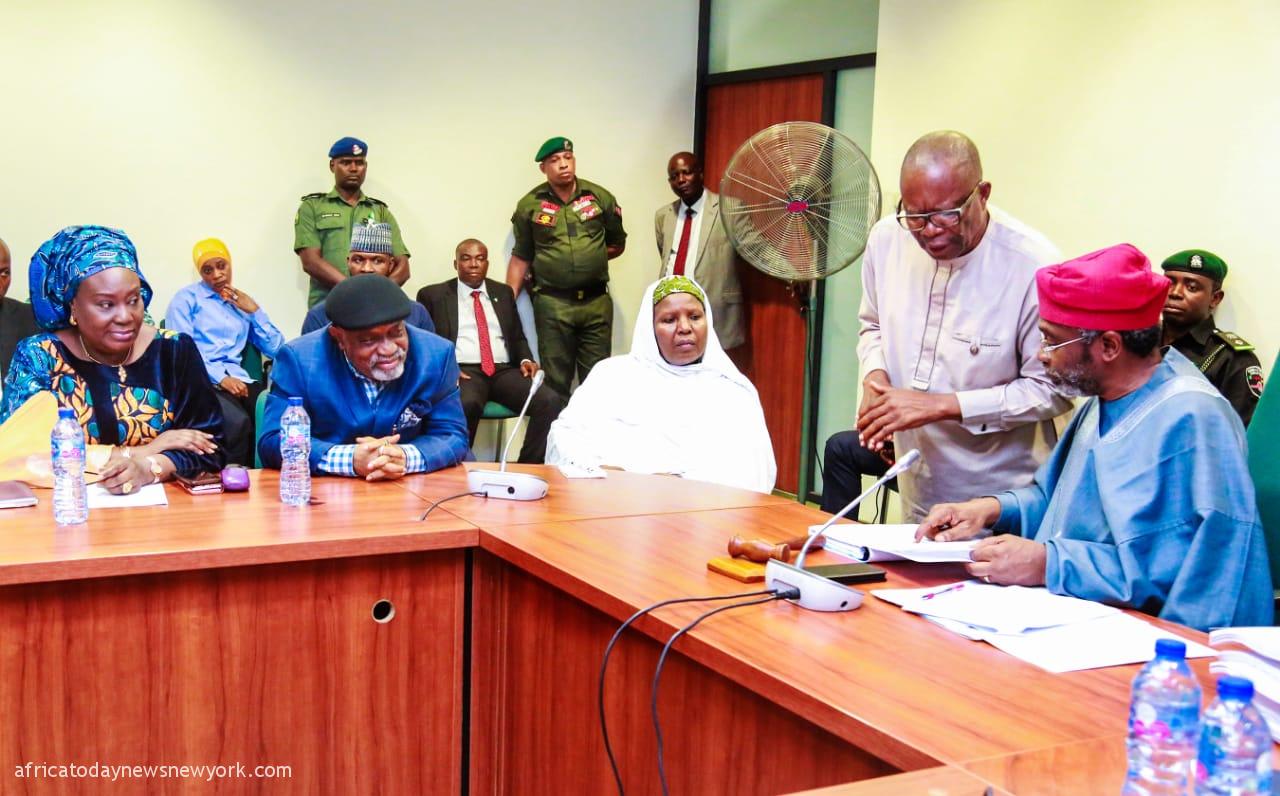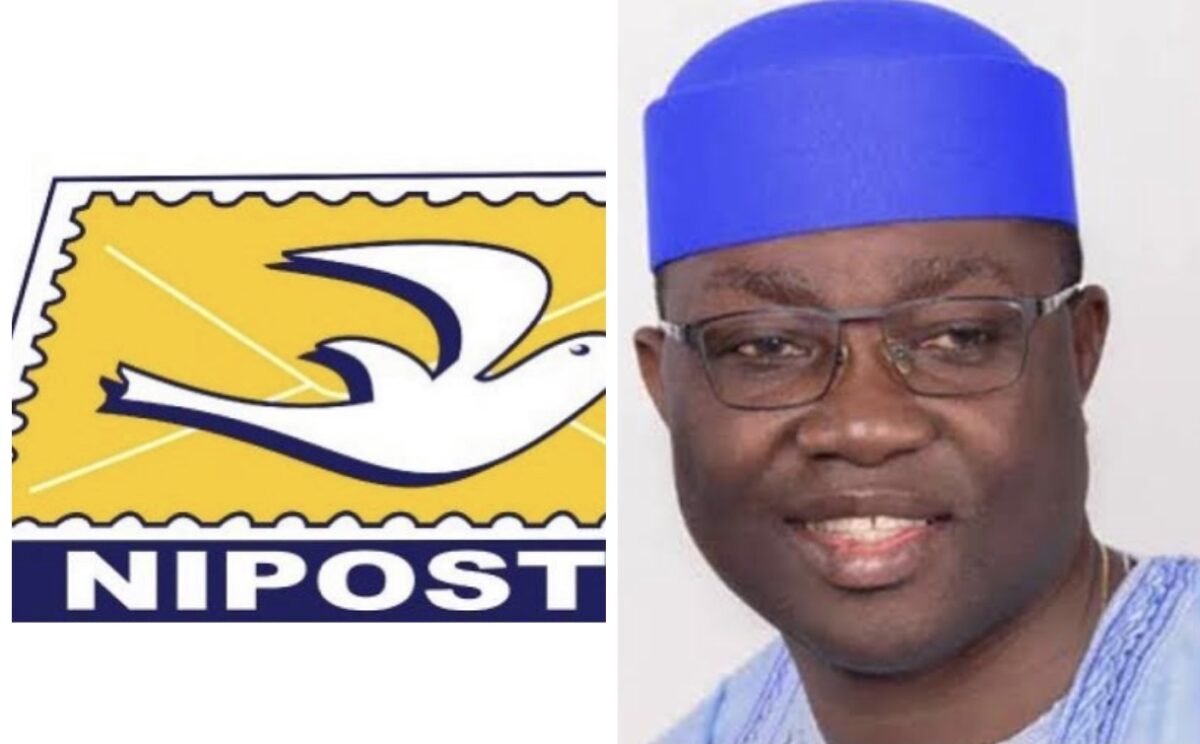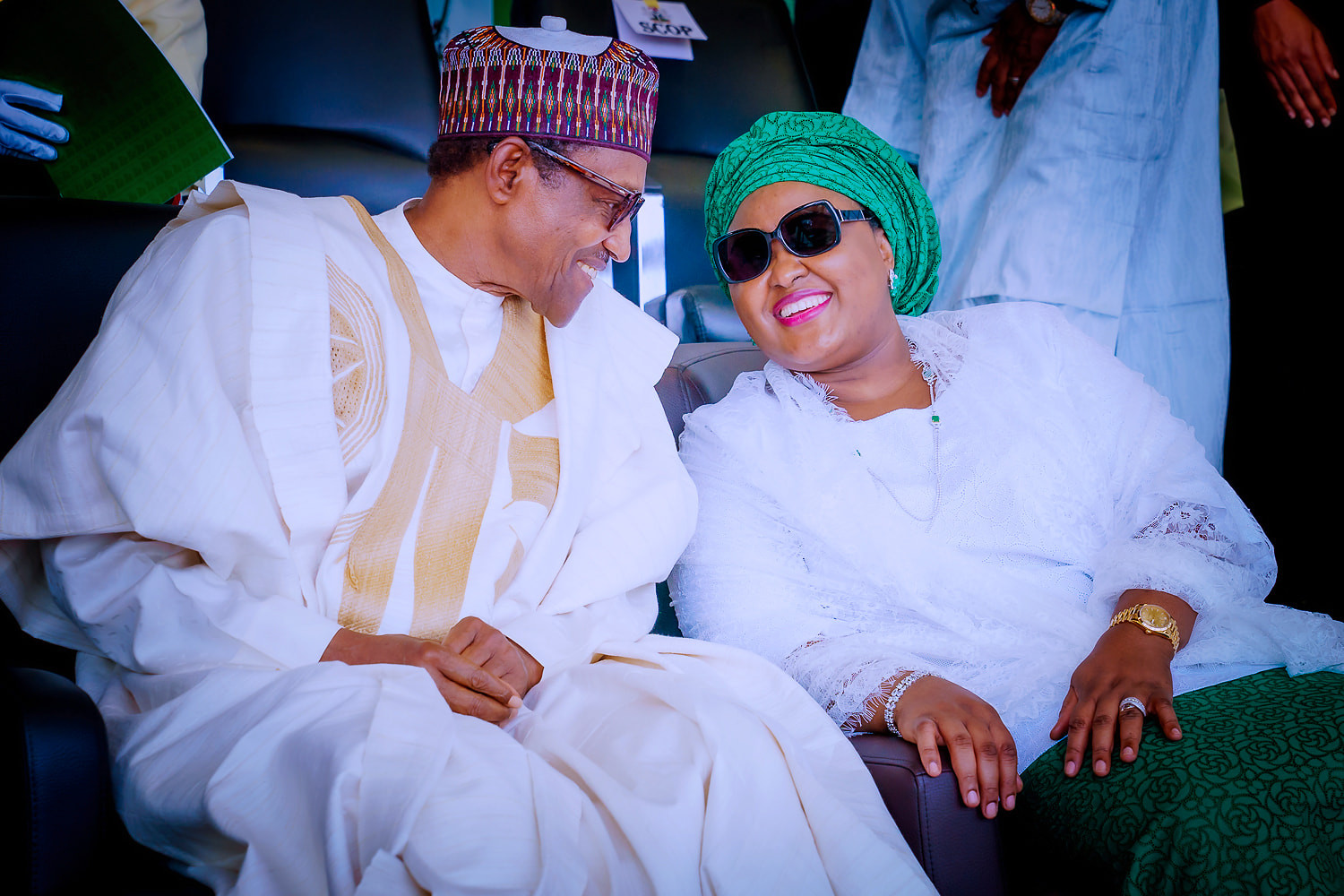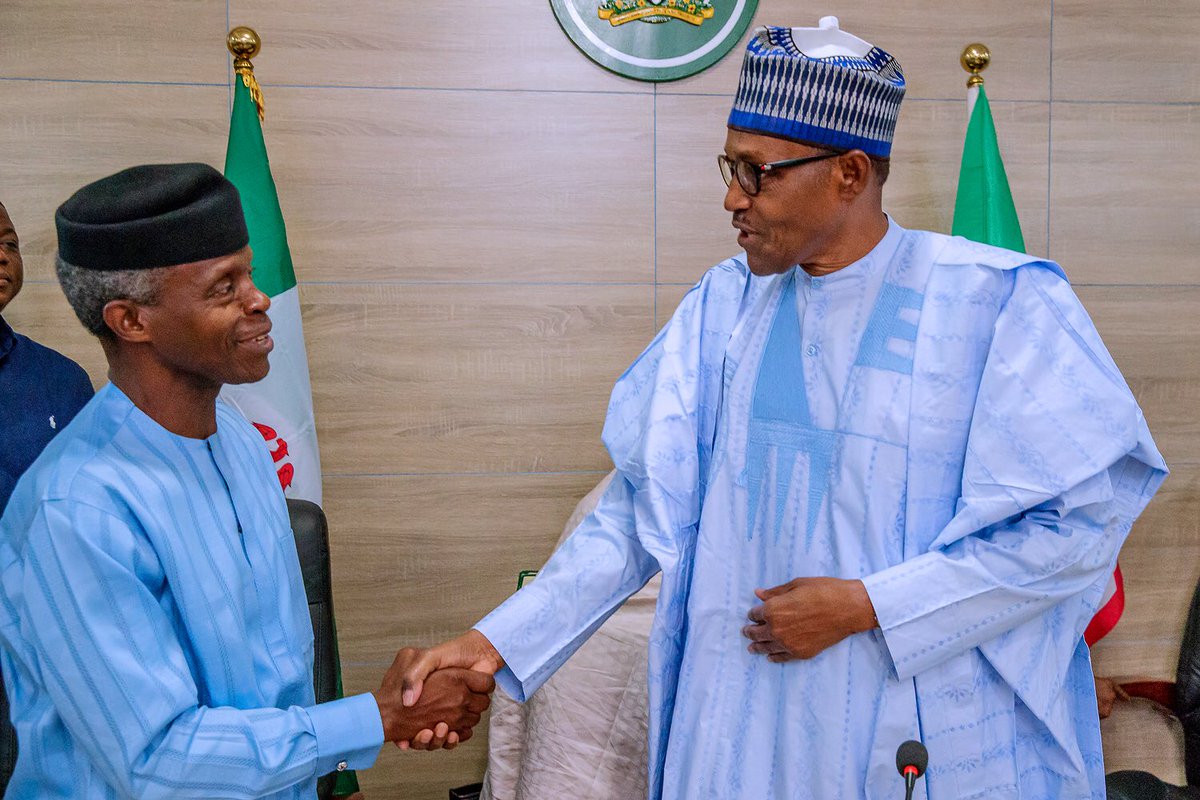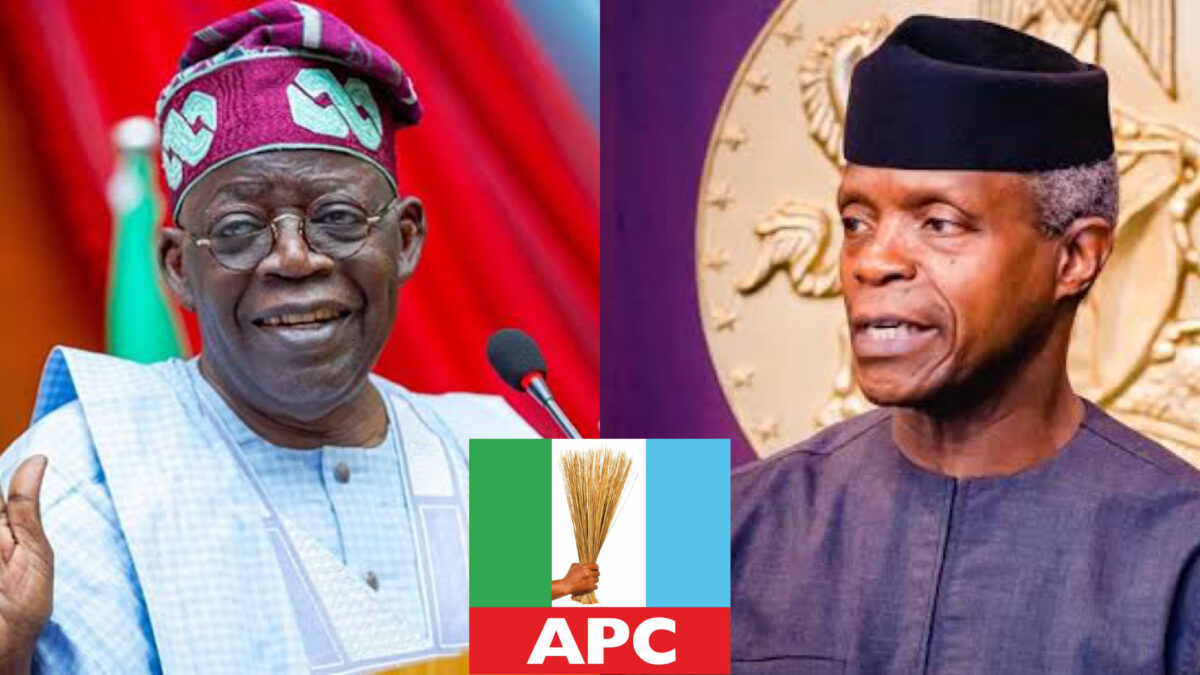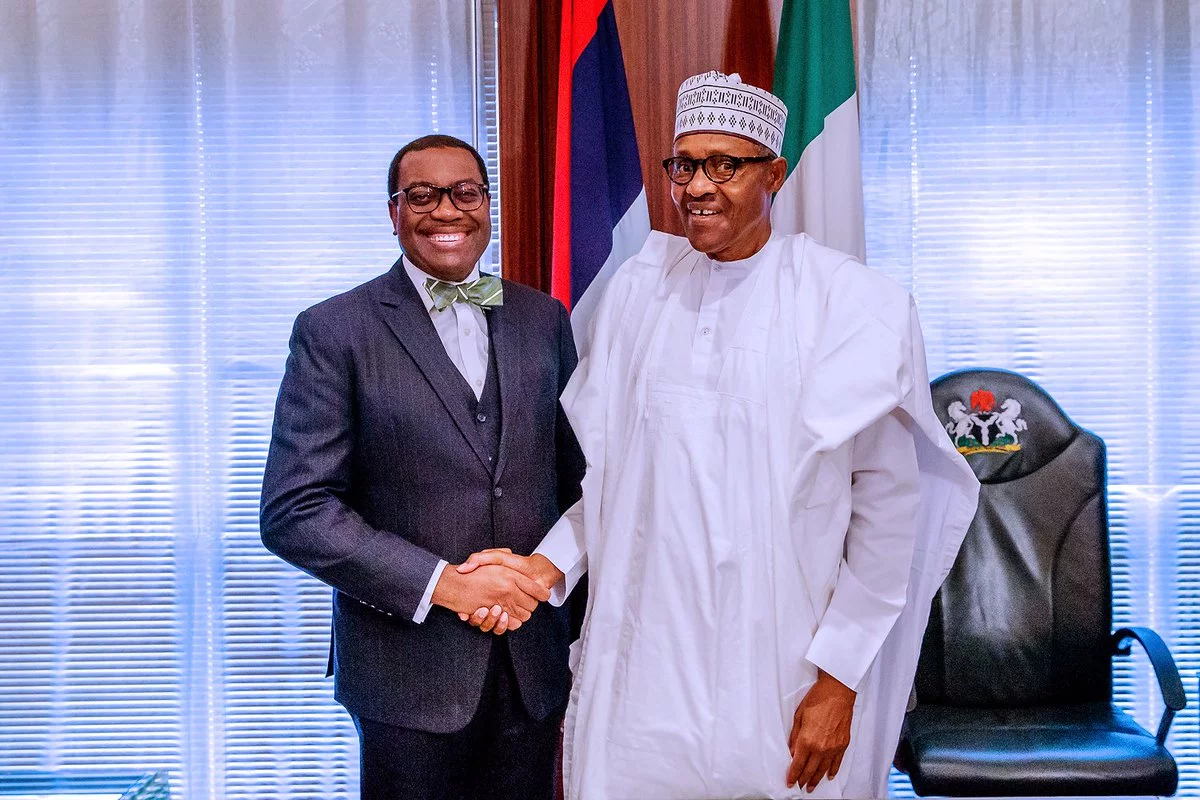News
Buhari Under Serious Pressure To Relax Restrictions As COVID-19 Lockdown Ends
Nigeria’s President Muhammadu Buhari has come under intense pressure whether or not to relax restrictions imposed in some parts of the country.
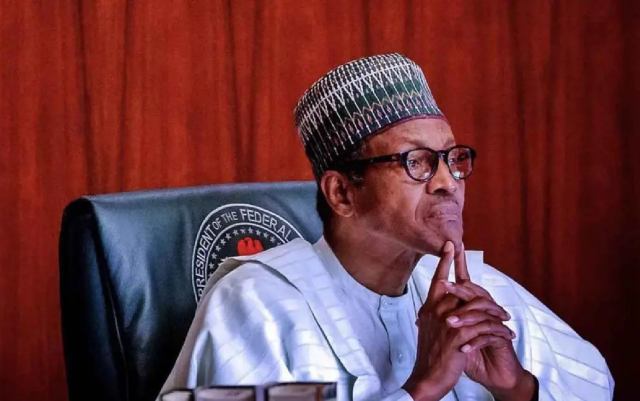
There is serious pressure on Nigeria’s President Muhammadu Buhari to relax restrictions as the lockdown declared in Lagos, Ogun and the Federal Capital Territory (FCT) to curb the spread of COVID-19 expires today even as confirmed cases of the virus continues to increase in the country.
The Nigeria Labour Congress (NLC) and experts have expressed fears of the negative impact of the stay-at-home on the citizens and the economy if extended.
Pressure is also coming from governors of the 36 states of the federation who have declared complete or partial lockdown amid complaints by citizens and businessmen on the terrible impact on their wellbeing and businesses. They also want Buhari to relax the restrictions but with cautionary measures put in place.
However, medical experts are of the opinion that the federal and state governments should not relax restrictions as such an approach will jeopardise the gains recorded so far.
Some of those spoken to on Sunday by Daily Trust, including economists, industrialists, bankers and investment experts, said they were conscious of the dangers that might come when the country is let loose, and people allowed to flout social distancing and other measures.
They, however, said there was the need to kick-start the economy as obtained in other countries but with measures that will compel citizens to observe the rules.
The President of the Nigeria Labour Congress (NLC), Comrade Ayuba Wabba, said there was the need “to relax the total lockdown so that some economic activities can go on.”
“If you look at the situation around the world, it is clear that what is needed to be reinforced is the issue of preventive measures.
“We have goods imported at the ports and the distribution has become a problem despite the fact that the port authority said that people should go and take their goods. But if there is a lockdown, how can you take your goods?” he asked.
He said that the lockdown extension would lead to shortage of essentials including medical items.
“I have seen many countries relaxing the curfew because lockdown cannot be perpetual.
“And what we have said is that many people are hungry and there is no way of getting means of livelihood; we don’t want a situation where people will then take laws into their hands,” he said.
When contacted, the spokesperson for the Vice President, Laolu Akande, said the reaction of Minister of State for Budget and National Planning, Mr. Clement Agba, was enough to address the concern over the pressure to re-open the economy.
Agba, who spoke last Thursday after the fourth meeting of the Economic Sustainability Committee (ESC) chaired by Vice President Yemi Osinbajo, had revealed that talks on reopening the economy for business and related activities had begun as the country prepares for a post-COVID-19 era.
However, a medical practitioner, Dr. Abdullahi Aminu, said the federal government should not allow free movement in the coming weeks to avoid escalating the spread of COVID-19.
The Nigerian Medical Association (NMA) also said that relaxing the lockdown would lead to a rise in the number of cases recorded across the country.
NMA President, Dr. Francis Adedayo Faduyile, said, “I am not an economist, so I may not be able to properly advise on that. But with the rising figures of recent, it is not the time to ease the lockdown.”
Dr. Fatima Damagum said restricting movement of people to prevent the spread of disease is not a new phenomenon.
“Indeed, it has been used for thousands of years,” she said, but advised relevant stakeholders to provide necessities of life for the people.
A leaked letter dated April 24, 2020 from the Nigeria Governors’ Forum (NGF) and addressed to the Secretary to the Government of the Federation/Chairman, Presidential Task Force on COVID-19, Boss Mustapha, had advocated compulsory use of face masks in the public after relaxing movement restrictions.
The letter signed by NGF chairman, Governor Kayode Fayemi of Ekiti State, was written as a follow-up to a teleconference meeting with Vice President Osinbajo on Wednesday, April 22, 2020.
If approved by President Muhammadu Buhari, the governors suggested in the letter that the impending broadcast that will mark the end of the fourth week incorporates “Internal free movement (within a state) but with restrictions on large gatherings and assemblies; overnight curfews; lockdown of flights; and compulsory use of face masks/coverings in the public.”
Also, members of the Presidential Taskforce (PTF) on COVID-19 were locked in a marathon meeting on Saturday, April 25, on the format of the partial restrictions to put in place in 33 states without fuelling the spread of the coronavirus.
According to a source, members were inching towards partial restrictions in some states and the Federal Capital Territory (FCT).
“One of the knotty issues is a recommendation by the NGF that there should be internal free movement but with restrictions on large gatherings and assemblies nationwide.
“But the PTF took exception to the partial lifting of the lockdown in the FCT, Lagos, Ogun and Kano states,” the source said.
A fashion designer in Kubwa, Mr. Tunji Ismail, appealed to the government not to extend the lockdown, saying the last 14-day extension crippled entire businesses in Kubwa.
Similarly, Mrs. Bisi Ayuba, a caterer in Dei Dei, noted that since the government ban on occasions, her family had been finding it difficult to make a living.
A businessman in Kano, Alhaji Gambo Kofar Dawanau, said the global economy was in shambles saying each country was adapting to the realities of the time.
“We are lucky that the federal government had started grooming us towards embracing agriculture. We should be encouraged to go back to farms,” he said.
Malam Bello Haruna Singa said it was time to fully concentrate on farming since the country was blessed with fertile land for agriculture.
Hadiza Saidu, a food seller near Kalwa House at Zarmaganda Junction in Jos, the Plateau State capital, said the lockdown had affected their businesses saying they lost many perishable food items.
Malam Isa Abdullahi, a butcher at Kurmin Mashi Market in Kaduna, called on the federal and state governments to come up with a plan that will see to the gradual reopening of the country’s economy.
Some residents of Lagos who spoke with our correspondents said the government should ease the lockdown, noting that any further extension would further deepen their economic woes.
Mr. Ayodeji Adeniyi, an insurance broker who resides at Aina Street, Ojodu, in Ikeja, noted that the lockdown had brought untold hardship on many Lagosians especially those who work in the informal sector.
